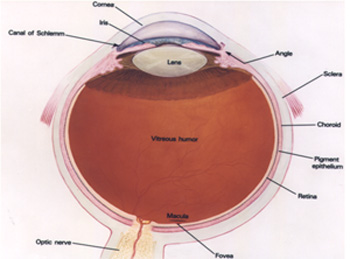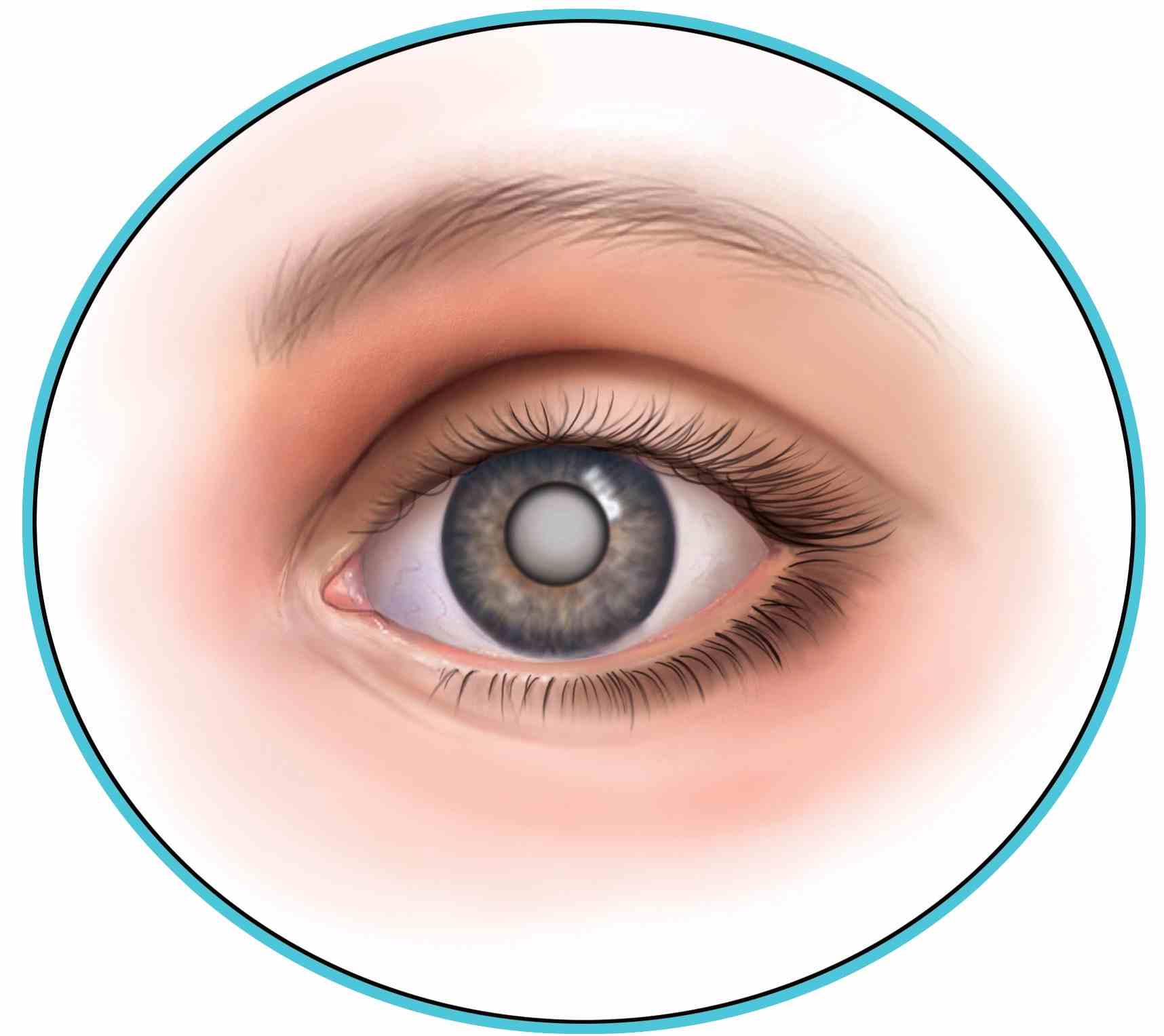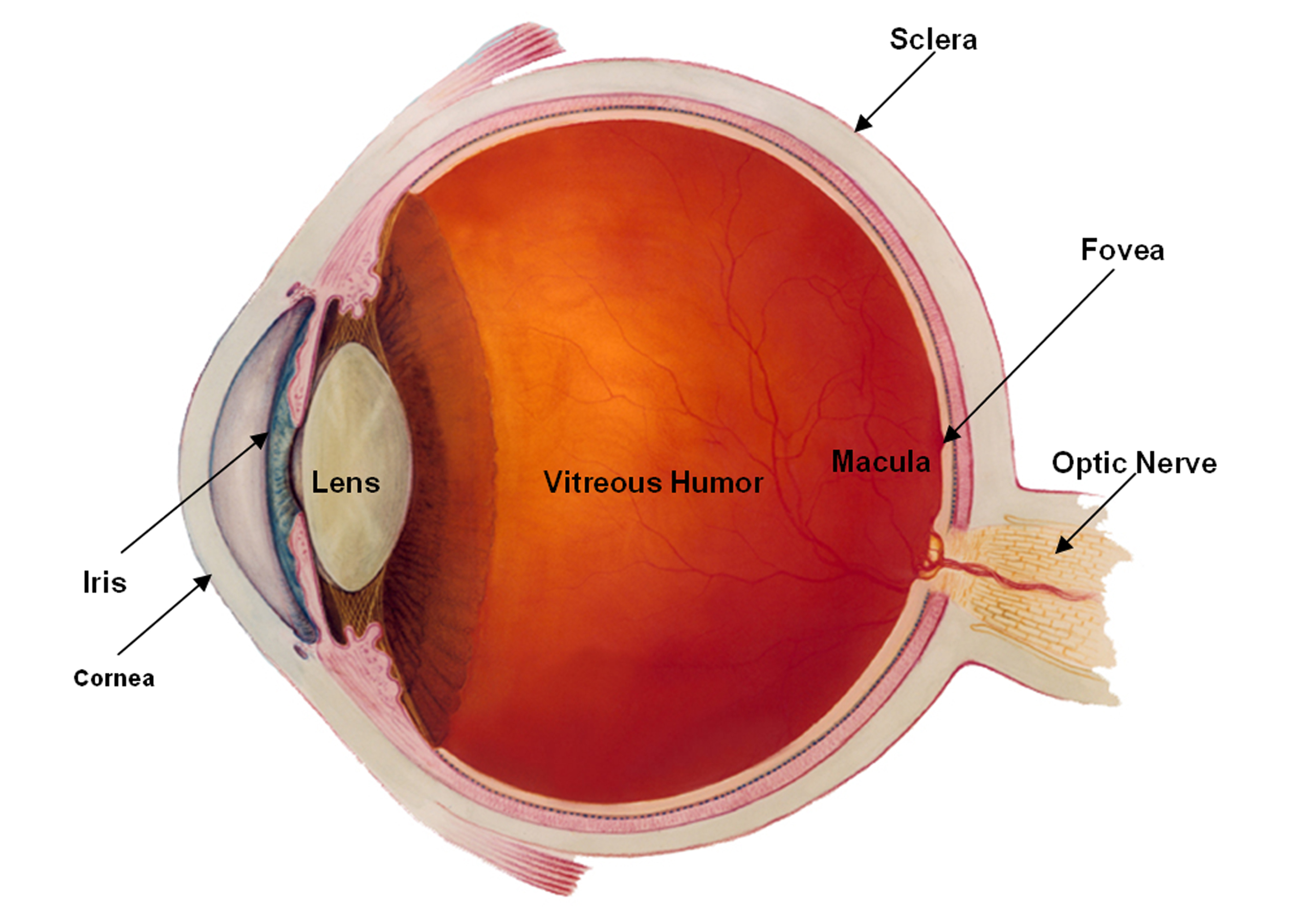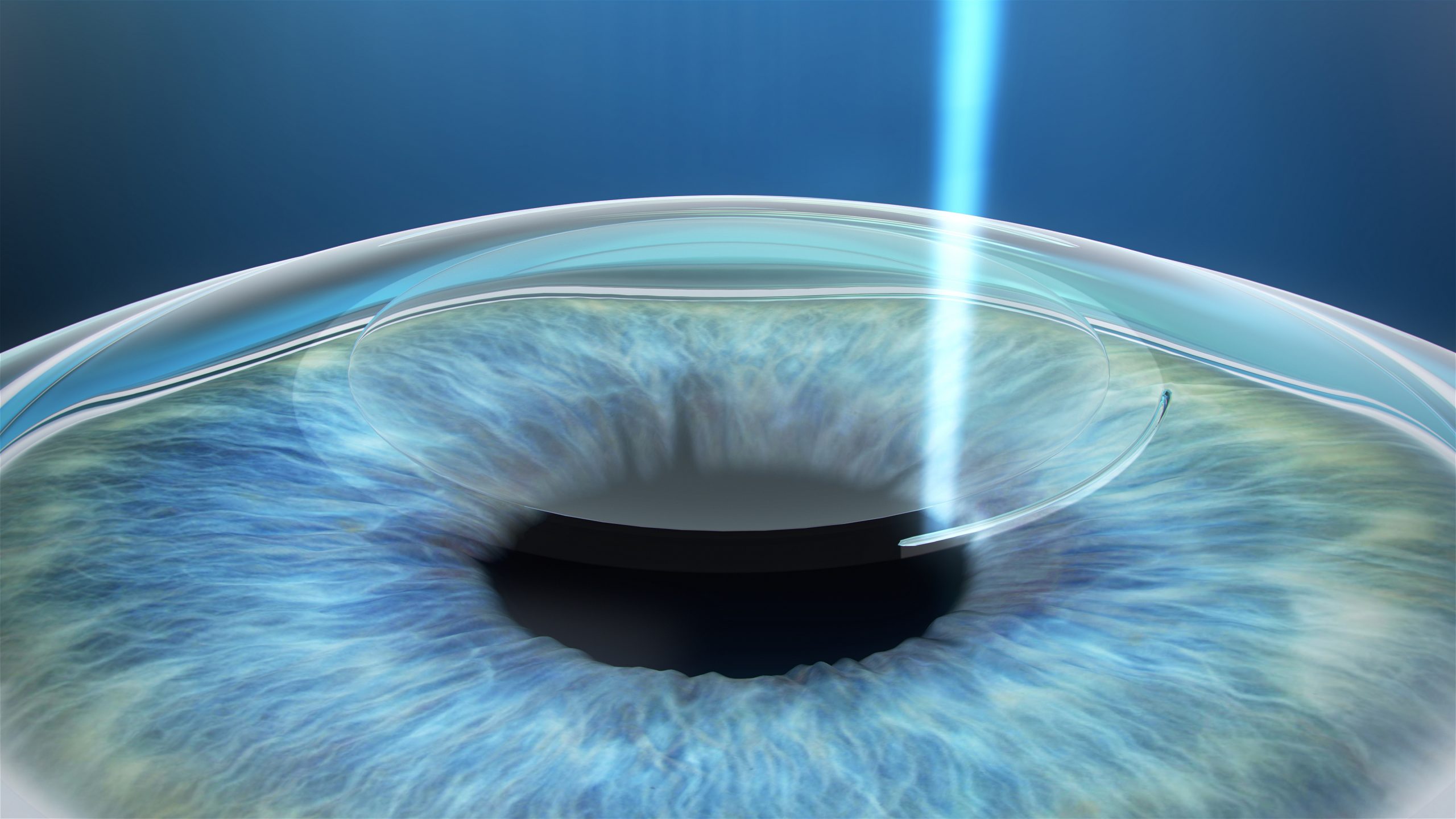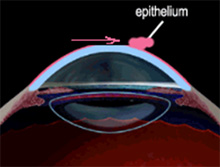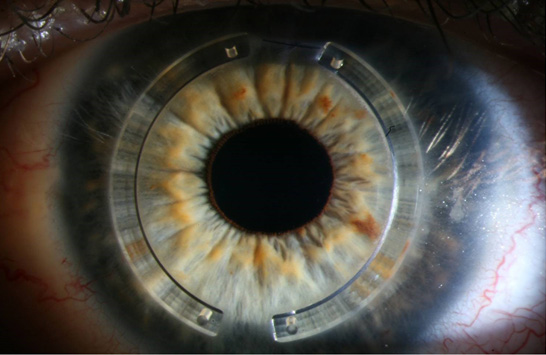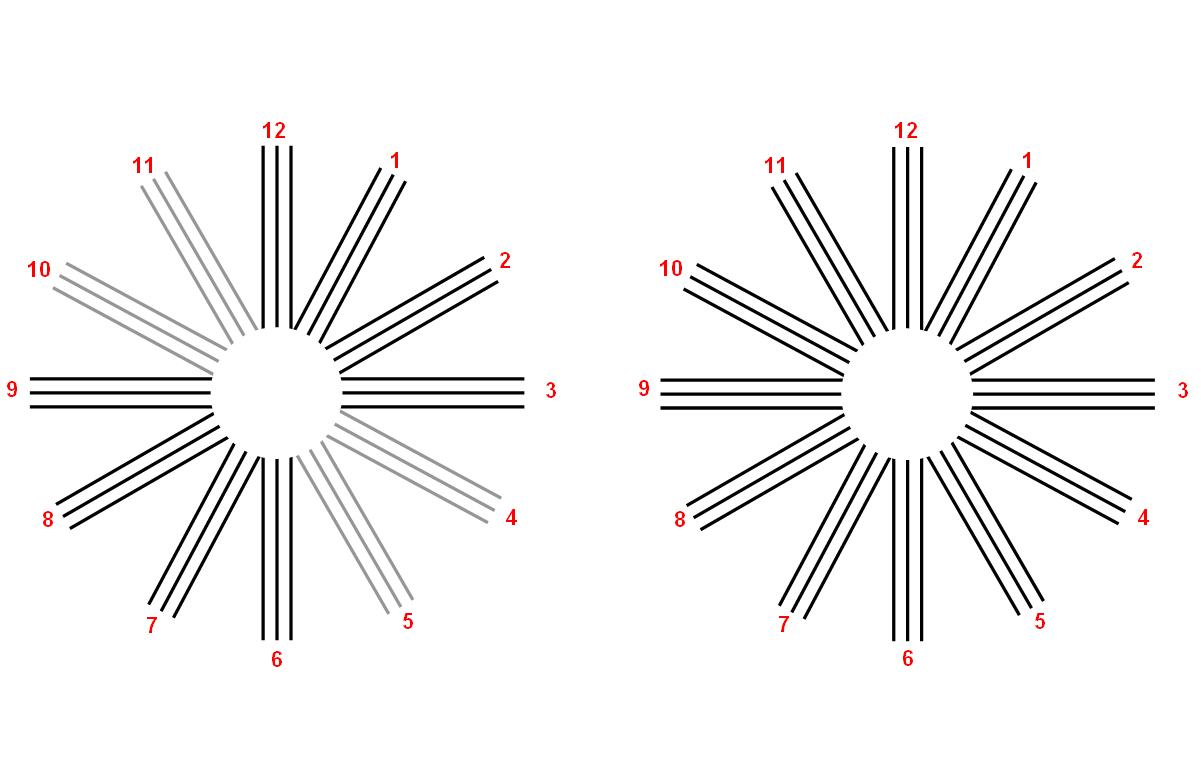Red eye, also called conjunctivitis, can be caused by bacterial or viral infections, or by allergic reactions to dust, pollen and other materials. Bacterial and viral infections usually produce a white or yellowish pus that may cause the eyelids to stick shut in the morning.
The discharge in allergic conjunctivitis is often clear and watery. All types involve redness and burning or itching eyes. Pinkeye in child-care settings is most often due to bacterial or viral infections. It can usually be treated with antibiotics. Red and sore eyes may be part of viral respiratory infections, including measles.
The germs that cause conjunctivitis may be present in nasal secretions as well as in the discharge from the eyes. People can become infected when their hands become contaminated with these materials and they rub their eyes. Eyes can also become infected when a person uses contaminated towels or eye makeup.
If a child in your facility develops pinkeye:
- Contact the child’s parents and ask them to have the child seen by the doctor. Eye injuries and foreign bodies in the eye can cause similar symptoms.
- Monitor the other children for signs of developing pinkeye.
- Make sure all children and staff use good hand washing practices and hygiene, including proper use and disposal of paper tissues used for wiping nasal secretions.
- Eliminate any shared articles, such as towels. Use disposable paper towels.
- Disinfect any articles that may have been contaminated.
- Exclude children with a white or yellow discharge until they have been treated with an antibiotic for at least 24 hours. Children with a watery discharge generally do not need to be excluded unless there have been other children in the group with similar symptoms but should be monitored for signs of more serious illness, such as fever or rash.


